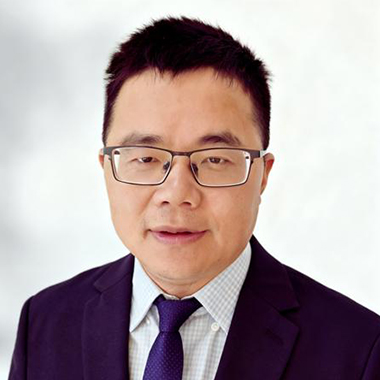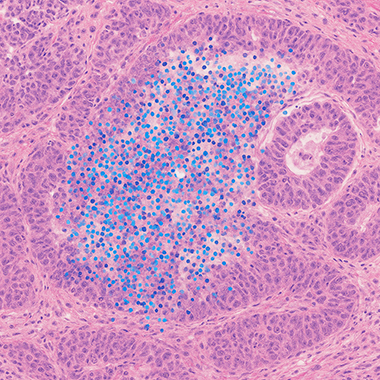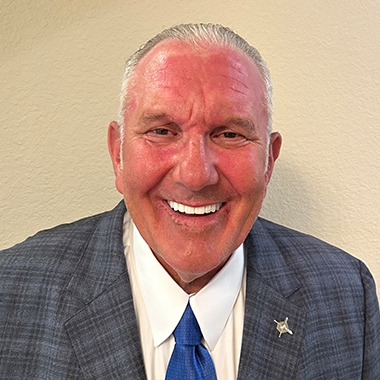Dr. Dennis Ikpe attends the MSRI African Diaspora Joint Mathematics Workshop
STT faculty member Dr. Dennis Ikpe attended the African Diaspora Joint Mathematics Workshop (ADJOINT) virtually during June 15-26, 2020. The Mathematical Sciences Research Institute (MSRI) hosts ADJOINT each summer. ADJOINT is designed for researchers with a Ph.D. in the mathematical sciences who are interested in conducting research in a collegial environment. According to MSRI, the main objective of ADJOINT is to provide opportunities for in-person research collaboration to U.S. mathematicians, especially those from the African Diaspora, who will work in small groups with research leaders on various research projects.
“The ADJOINT workshop was a great opportunity for me,” said Dr. Ikpe. “Two manuscripts came out of the problems we considered during the workshop. Our manuscript on ‘The Eradication Time Problem for the SIR Epidemiological Model’ (https://arxiv.org/abs/2008.12744) was sent to Journal of Differential Equations and another paper on ‘The Asymptotics of the SIR Model’ (https://arxiv.org/abs/2009.10157) to Journal for Math Analysis and Applications. Both papers were co-authored by me, Ryan Hynd (University of Pennsylvania) and Terrance Pendleton (Drake University).”
Through ADJOINT, MSRI aims to establish and promote research communities that will foster and strengthen research productivity and career development among its participants. The ADJOINT workshops are designed to facilitate research collaborations and to develop a sense of community among the mathematicians who attend. The end goal of this program is to enhance the mathematical sciences and its community by positively affecting the research and careers of African-American mathematicians by supporting their efforts to achieve full access and engagement in the broader research community.



